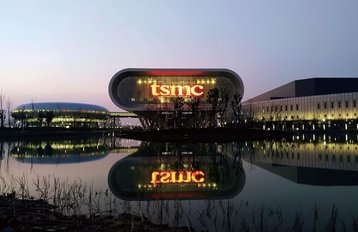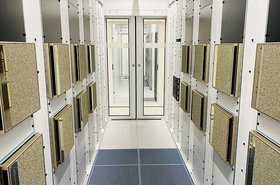Taiwan has sent government representatives to Washington in an effort to stop potential chip tariffs.
Economic Affairs Minister Kuo Jyh-huei said that a deputy minister and a deputy section chief aim to talk to the Trump administration about the importance of open semiconductor trade.
Tariffs are paid by the importer, not the exporting nation.
Taiwan is home to the world’s largest contract chipmaker TSMC, as well as a number of other critical semiconductor manufacturers. The vast majority of the high-end chips in data centers come from Taiwan.
In January, President Donald Trump said he planned to impose a “100 percent tax” on foreign semiconductors. He has repeatedly accused Taiwan of stealing the US' chip business, and has said that the country should pay for protection against China.
On February 7, Trump said that he would announce tariffs on multiple economies by February 10-11. “I’ll be announcing that next week reciprocal trade so that we’re treated evenly with other countries. We don’t want any more, any less,” he said.
Trump imposed and then paused 25 percent tariffs on Mexico and Canada, the latter of which was put on hold due to a border deal already announced in December. He has enacted a 10 percent tariff on goods from China, but on Friday delayed plans to tax low-cost packages.
“Taiwan is the United States’ best partner,” Taiwan's minister Kuo said, noting that it built semiconductors designed and sold by US companies, while its nation covered the majority of the capital expenditures.
“We paid for every intellectual property we acquired,” Kuo added. “Taiwan is not the semiconductor tech thief they are looking for.”




